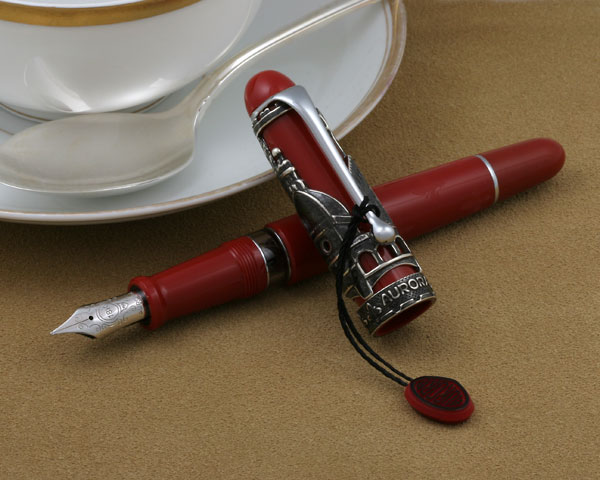Some movies I saw, in my youth, have left an indelible mark on my psyche. There were three characters in particular that were very influencial: Lucas Jackson played by Paul Newman in Cool Hand Luke, Frank Bullitt played by Steve McQueen in Bullitt and Randle Patrick McMurphy played by Jack Nicholson in One Flew Over The Cuckoo's Nest.
I was taught in high school that literary works fall in one or more of the following categories:
1. Man against God
2. Man against Nature
3. Man against Society
4. Man against Man
5. Man against Himself
To this list I would add Man against Machine as can be seen in, Colossus: The Forbin Project and the unforgettable 2001: A Space Odyssey.
Cool Hand Luke, Bullitt and One Flew Over the Cuckoo's Nest all fall within the category of Man against Society. There is some overlapping as the protagonists of these three films also struggle with themselves and other "men". I place men in quotations because in Cuckoo's Nest McMurphy struggles against Nurse Ratched who rules the psychiatric ward with an iron fist. But she represents the larger society that stands in opposition to all that McMurphy represents.
In Cool Hand Luke Paul Newman is a man of independent spirit that is sentenced to two years in prison, a chain gang to be exact, for cutting the heads off of parking meters. At first castigated by his fellow prisoners, he soon becomes a Christ-like figure as he gives them the strength and inspiration that they both lack and need. At the end of the famous egg eating scene Luke lies sprawled with arms outstretched on the mess hall table. Here the Christ-like image is most apparent. His prison number is 37 and his name is Luke. If we read Luke Chapter 1 verse 37 it says: "For with God nothing is impossible." Luke stuggles against a society that he went to war to defend but that has little use for him on his return home. He is Camus's alienated existentialist searching for meaning in a world that seems totally devoid of meaning. And like all good existentialists his demise is tragic yet heroic. "What we've got here is failure to communicate."
As Frank Bullitt, Steve McQueen is a detective who sometimes work cases according to his own rules. Not because he's a rebel but because those in power whom he works for have been co-opted by the system and have sacrificed their integrity on the altar of social and political advancement. But it is only by working outside the system that justice can be achieved because the sytem has become corrupt. This is key in understanding these characters, they are forced to an existence beyond the fringe because the fabric has been tainted by those who abuse their positions of power. To paraphrase Jack Nicholson in A Few Good Men, Frank Bullitt is hired by the powers that be to provide society with a blanket of protection and is then lambasted for the manner in which he provides that protection.
As R.P. McMurphy, Jack Nicholson manipulates the system to get transferred to a psychiatric ward from prison by pretending that he's looney. Initially his plan works and he finds himself in a ward of individuals that society has labeled as mental cases. But he soon finds that the inmates are not as crazy as they seem and it is the hospital administrators who are truly crazy. This is a simplistic synopsis of the film whose themes and ideas are far more complex. In the end McMurphy's outsider can not triumph over the system of Dante's Hell.
I'm also reminded of the titles of two novels, that were also made into films, that mirror this idea of nature versus nurture: Steppenwolf by Hermann Hesse and A Clockwork Orange by Anthony Burgess. Both "steps" and "clocks" are invetions of an idustrialized dare I say civilized society. wolfs and oranges are products of nature. Man yearns to be his true self in a world that constantly tries to bend him to its dictates. That process inevitably leads to conflict as the collective fails to create an environment where every man has the freedom to determine his destiny and the right to question the society that wants him to be a mere lemming.
I remember attending a double feature, back in the days when there was such a thing as double feature, of Bullitt and Cool Hand Luke. I sat in the theater and watched Cool Hand Luke twice and Bullitt once. It was a great afternoon of spending time with two of my favorite characters, characters who would not allow their spirits to be amputated for, as we know, there is no prosthesis for an amputated spirit.
Just some thoughts....
Jake
Have Pen, Will Write



















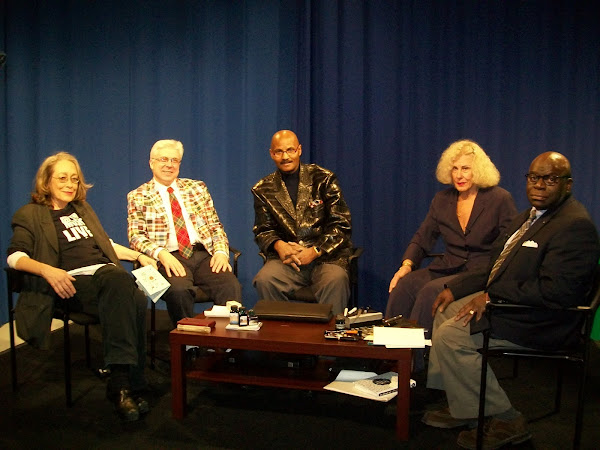

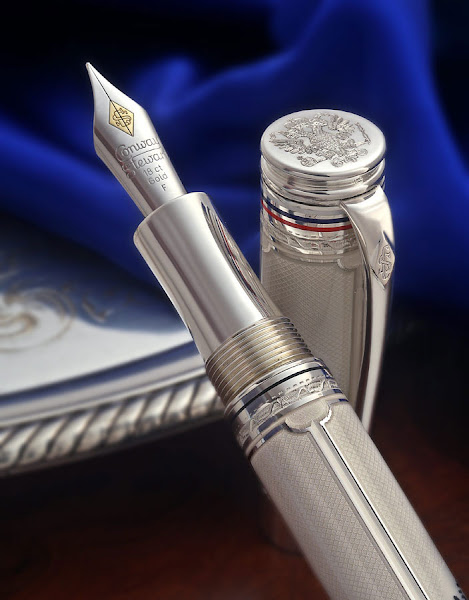

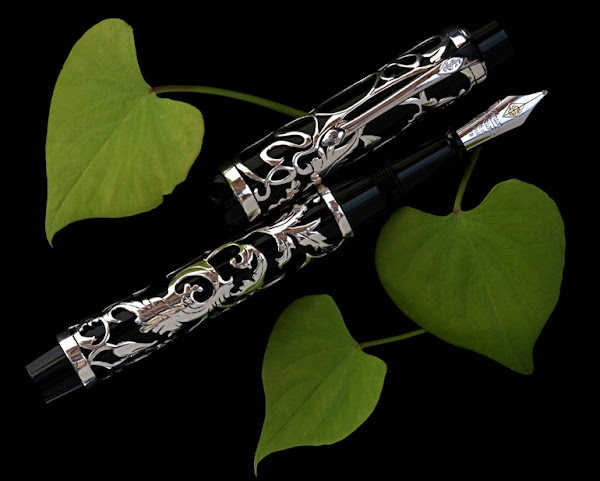

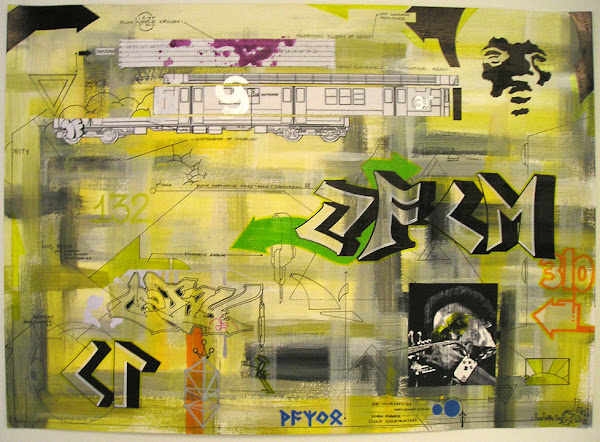.jpg)

